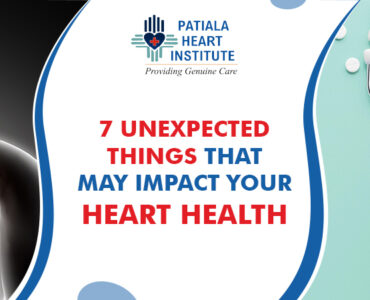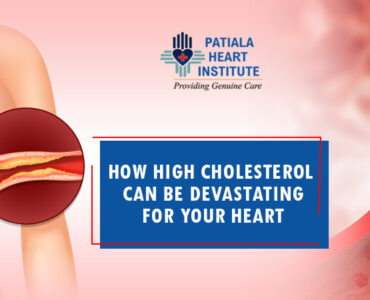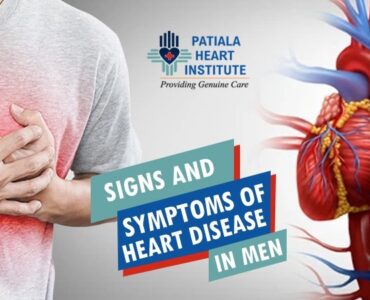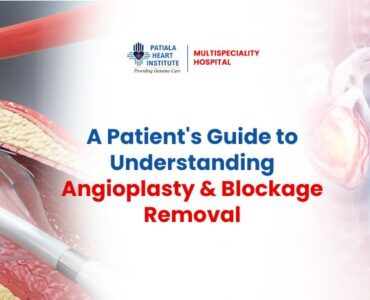Many people consider heart attack and heart arrest synonymous, but these terms refer to two different types of heart problems. There is a difference between a heart attack which results when something blocks blood circulation to the heart and a heart arrest which results when the heart stops beating abruptly due to an electrical disruption.
Experts agree that cardiac arrest is the most common cause of death worldwide. Even if one suffers cardiac arrest, one can survive by taking the right steps; however, heart arrest survivors may suffer from a reduced quality of life.
It is vital to reduce the chance of suffering a heart arrest by taking preventive measures. Many medical experts worldwide recommend that people who have reached their 20s begin taking steps to prevent heart disease.
Here we will give you tips on how to prevent cardiac arrests.
What is cardiac arrest?
The symptoms can appear suddenly or coincide with other symptoms. A person suffering from heart arrest loses the ability to function their heart suddenly, regardless of whether they have heart disease. In a heart arrest, the appropriate steps must be taken as soon as possible.
Prevention is the Key to Avoiding Cardiac Problems
People often assume that heart conditions only become a concern later after reaching their golden years, but this is not exactly the case.
Cardiovascular disease is the leading cause of death for men and women each year, according to the Centres for Disease Control and Prevention (CDC).
Among men aged 35 to 44, heart disease ranks as the second leading cause of death among men aged 45 to 54:
Tips for Preventing a Cardiac Arrest
A heart-healthy lifestyle can help in cardiac arrest prevention by preventing plaque buildup and clotting in the arteries.
5 Simple Ways to Prevent a Cardiac Arrest
Eat a Healthy Diet
It is best to reduce your fatty, cholesterol-rich, sugary, and carbohydrate-rich foods. As a result, bad cholesterol levels rise, blocking arteries and preventing proper blood circulation. Consider eating a heart-healthy diet rich in fruits and vegetables.
Stay Active: Exercise
Exercise every day for at least 15 to 20 minutes. While walking or riding a bike in the fresh air, you can keep your heart healthy.
If Necessary, Lose Weight
The greater your Body Mass Index (BMI) is, the more likely you are to have heart problems; however, you can prevent future problems by choosing to eat healthy foods and exercise regularly. You can lower your BMI and improve your heart health by eating healthier and exercising regularly.
Reduce Your Stress Level
Heart arrest is largely attributed to emotional stress. Thus, focusing on relaxing and avoiding stressful situations can help reduce your risk of suffering a heart arrest. Additionally, you can practice deep breathing techniques and yoga to release your stress.
Stop using tobacco and drinking.
Drinking alcoholic beverages, chewing tobacco, and smoking can increase the size of your heart muscle. Moreover, these habits often result in high blood pressure. High blood pressure and an enlarged heart are both factors that increase the likelihood of heart arrest. Furthermore, smoking can cause plaque to build up in the arteries much more frequently than non-smokers.
Final thoughts
You need to be very alert to the signs of cardiac arrest, as ignoring it can prove to be a very serious issue. Whether you seek a caring cardiologist or a skilled cardiologist, our heart specialists can help you make an appointment with a trained cardiologist at the Patiala Heart Institute.
We can help you with cardiac arrest treatment, prepare you to implement a heart-healthy lifestyle, and strengthen your heart.
Patiala Heart Institute is the best hospital that helps in determining cardiac arrest causes and ensures diagnosis completely and gives you new life. We are the most trustworthy heart specialty hospital in Patiala that will never disappoint you.
Frequently Asked Question
What causes cardiac arrest?
A heart rhythm disorder (arrhythmia) causes sudden cardiac arrest because the heart's electrical system is not functioning correctly. Your heart's electrical system controls the rhythm and rate of your heartbeat.
What happens in cardiac arrest?
As soon as sudden cardiac arrest occurs, your brain suffers reduced blood flow, causing you to become unconscious. The brain suffers damage, and sometimes even death, provided the heart rhythm does not rapidly return to normal. There is a possibility that survivors of cardiac arrest will suffer brain damage.
What to do in cardiac arrest?
When a person suffers sudden cardiac arrest, CPR must be performed immediately. A continuous flow of oxygen-rich blood to the body's organs provides a vital link until advanced emergency medical care can be administered.







